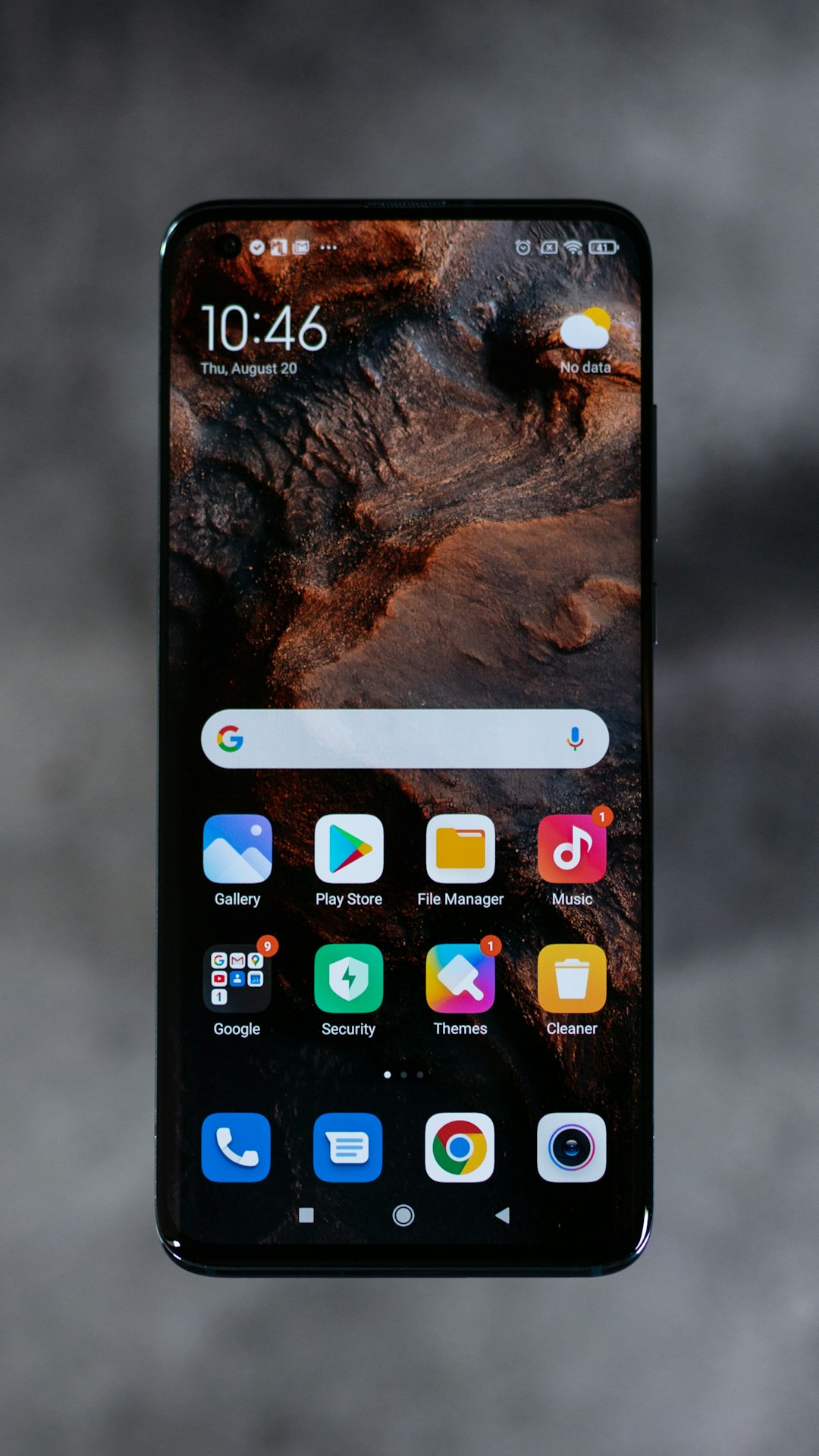Kansas enforces strict robocall laws to protect resident privacy and reduce unwanted phone solicitations, with businesses needing explicit consent for automated calls. Residents use robocall blocking apps like TruthFinder and NoCall, rated highly for effective spam reduction while maintaining control over whitelisted contacts, balancing convenience and security under state regulations.
In Kansas, strict Robocall Laws have been implemented to safeguard residents’ privacy from unwanted automated calls. As consumer frustration with persistent robocalls mounts, understanding the effectiveness of call-blocking apps is crucial. This article delves into Kansas Robocall Laws, explores public perceptions and reviews of robocalls, and analyzes top robocall blocking apps based on user feedback. By examining these aspects, we aim to provide insights into how Kansans are reclaiming control over their phone lines.
Kansas Robocall Laws: Protecting Residents' Privacy

In Kansas, robocall laws are in place to protect residents’ privacy and safeguard against unwanted phone solicitations. The state has implemented regulations that restrict businesses from making automated calls to consumers without prior consent. These laws are designed to give Kansans control over their communication preferences and ensure that their personal information is not misused.
By adhering to the robocall laws in Kansas, businesses must obtain explicit permission before dialing numbers in the state. This includes pre-recorded or artificial voice messages, which require clear and concise opt-in mechanisms. Residents can register their phone numbers on the National Do Not Call Registry, further limiting the number of unsolicited calls they receive. These measures empower individuals to manage their communication and foster a more privacy-focused environment in Kansas.
Robocalls in Kansas: Customer Reviews and Perceptions

Robocalls have become a ubiquitous yet often unwanted part of daily life in Kansas, as they do across the country. With strict robocall laws in place, such as those enforced by the Kansas Corporation Commission, residents are increasingly looking to robocall blocking apps for relief. Customer reviews and perceptions play a significant role in shaping public opinion about these apps’ effectiveness and usability.
Many Kansas residents report feeling frustrated and annoyed by frequent robocalls, leading them to seek solutions like robust call-blocking applications. Positive customer reviews highlight the satisfaction customers feel when their phones are less cluttered with unsolicited calls. These apps not only block spam calls but also provide insights into call patterns, allowing users to stay informed about potential scams or fraudulent activities. However, some negative reviews point to concerns over false positives and the occasional blocking of legitimate calls, underscoring the need for continuous improvement in app accuracy and user-friendliness.
Top Robocall Blocking Apps: User Feedback Analysis

When it comes to top robocall blocking apps, user feedback reveals a strong preference for applications that seamlessly integrate advanced call-screening technologies with simple, intuitive interfaces. Apps like TruthFinder and NoCall are highly rated in Kansas, where robocalls are a prevalent issue due to the state’s relaxed phone marketing laws. These leading apps employ machine learning algorithms to identify and block automated calls, including those from telemarketers, debt collectors, and fraudulent schemes.
User reviews consistently highlight the effectiveness of these applications in reducing unwanted call volumes. Many appreciate the customizable settings that allow them to whitelist trusted contacts while maintaining robust blocking for spam calls. This balance between convenience and protection is a key factor driving their popularity among Kansas residents looking to regain control over their phone lines in compliance with local robocall laws.






